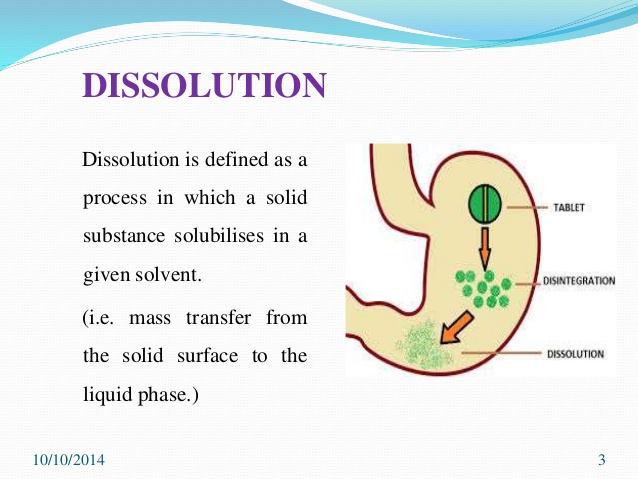Skip to main content
Dissoloution (विघटन)
Dissolution (law), in law, means to end a legal entity or agreement such as a marriage, adoption, or corporation, or unions.
Dissolution (chemistry), in chemistry, the process of dissolving a solute into a solvent to make a solution
Dissolution, in music, is a specific type of section (music).
Dissolution of parliament, in politics, the dismissal of a legislature so that fresh elections can be held, sometimes ahead of schedule. And sometimes behind schedule
Dissolution of the Parliament of the United Kingdom
Dissolution of the Monasteries, in British history, the formal process during the English Reformation by which Henry VIII confiscated the property of the monastic institutions in England, Wales and Ireland between 1536 and 1541
List of monasteries dissolved by Henry VIII of England
Dissolution of the Lesser Monasteries Act 1535
Tudor conquest of Ireland
Dissolution (Forgotten Realms novel), a 2002 fantasy novel by Richard Lee Byers
Dissolution (album), an album by Olivia Block
Dissolution (Sansom novel), a 2003 historical novel by C. J. Sansom
Dissolve (filmmaking), in film and video editing, a transition between scenes
The Dissolve, a web magazine property of Pitchfork Media, covering movies
Decadence, moral degeneracy
In Hindu cosmology, the Great Dissolution, Pralaya
Divorce, dissolution of a marriage
Zersetzung, a psychological technique to silence political opponents
Solubility or the dissolution of solids in a solute
The dissolution of gases, liquids, or solids into a liquid or other solvent is a process by which these original states become solutes (dissolved components), forming a solution of the gas, liquid, or solid in the original solvent. Solid solutions are the result of dissolution of one solid into another, and occur, e.g., in metal alloys, where their formation is governed and described by the relevant phase diagram.[not verified in body] In the case of a crystalline solid dissolving in a liquid, the crystalline structure must be disintegrated such that the separate atoms, ions, or molecules are released. For liquids and gases, the molecules must be able to form non-covalent intermolecular interactions with those of the solvent for a solution to form.
The free energy of the overall, isolated process of dissolution must be negative for it to occur, where the component free energies contributing include those describing the disintegration of the associations holding the original solute components together, the original associations of the bulk solvent, and the old and new associations between the undissolved and dissolved materials.[not verified in body
Dissolution is of fundamental importance in all chemical processes, natural and unnatural, from the decomposition of a dying organism and return of its chemical constituents into the biosphere, to the laboratory testing of new, man-made soluble drugs, catalysts, etc.[citation needed] Dissolution testing is widely used in industry, including in the pharmaceutical industry to prepare and formulate chemical agents of consistent quality that will dissolve, optimally, in their target millieus as they were designed.
Some distinctions can be made between solvation, dissolution, and solubility.








Comments